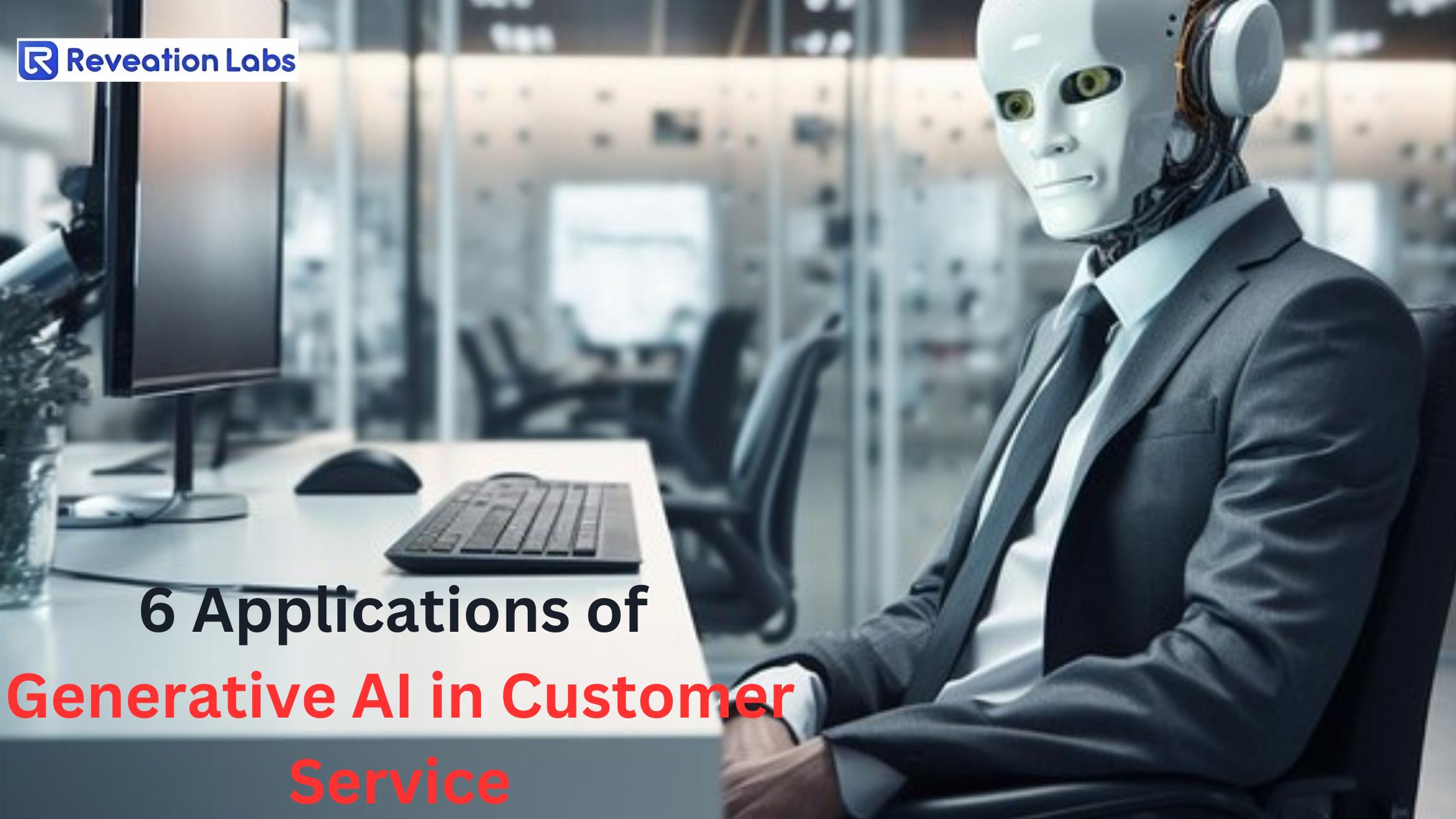Simran Advani
Wed May 31 2023


Introduction
The supply of computer resources such as servers, storage, databases, software, and networking through the internet is referred to as cloud computing. Businesses and individuals can access and use these services remotely through cloud service providers rather than hosting and managing them on local infrastructure.
Cloud computing Has Various Advantages
- Scalability: Because cloud resources can be readily scaled up or down based on demand, businesses may modify their computing power and storage requirements as needed.
- Cost-effectiveness:Cloud services sometimes adopt a pay-as-you-go approach, in which users only pay for the resources they use. This reduces the need for big upfront hardware and infrastructure investments.
- Flexibility and Accessibility:Cloud services can be accessed from anywhere with an internet connection, allowing for remote work, collaboration, and on-demand access to data and applications.
- Reliability and redundancy:Cloud providers provide robust infrastructure and data redundancy methods to ensure high availability while reducing the risk of data loss or downtime.
- Security: Cloud providers use modern security methods and compliance standards to protect data and ensure privacy, typically providing greater protection than local infrastructure.
Infrastructure as a Service (IaaS), Platform as a Service (PaaS), and Software as a Service (SaaS) are three popular cloud service architectures. IaaS offers virtualized computing resources, PaaS provides a framework for developing and deploying applications, and SaaS provides ready-to-use software applications via the Internet.
Overall, cloud computing provides a scalable, flexible, and cost-effective alternative to managing and utilizing computing resources, revolutionizing how businesses and individuals access and utilize technology.
Also Read: AWS Certified Solutions Architect: Your Path to Cloud Success
Top Trends of Cloud Computing
Multi-Cloud or Hybrid
Multi-cloud will almost certainly become the norm, making it the most likely conclusion. Businesses will increasingly employ a mix of public and private clouds to meet their specific needs. Hybrid clouds, on the other hand, aren't going away anytime soon. In fact, as more enterprises move their workloads to the cloud, hybrid clouds are projected to become more common. So, what is the future of cloud storage and security? Enterprises are likely to utilize a combination of hybrid and multi-cloud systems to combine agility, flexibility, security, and control.
Edge Computing
Businesses are more vulnerable to internet connectivity interruptions as their reliance on cloud-based services grows. As a result, edge computing is gaining popularity, which involves processing data locally rather than in the cloud. Edge computing has several advantages, including reduced latency, improved security, and increased resilience. It is frequently less expensive than traditional cloud-based options. Edge computing is expected to play a larger part in the future of IT as businesses continue to grapple with the issues caused by cloud-based computing.
Internet of Things
Both the Internet of Things and cloud computing have promising futures. As more gadgets connect to the internet, the requirement for robust, scalable cloud infrastructure will only grow. The cloud is the appropriate platform for this because the Internet of Things will generate a large volume of data that must be processed and stored.
Artificial Intelligence
There is no doubt that cloud computing has a bright future. Because of the tremendous advancements in artificial intelligence (AI), businesses and individuals are increasingly embracing the cloud to store and manage their data. One of the primary causes of this is the ability of AI-powered data analytics to uncover patterns and trends that would otherwise go undetected. Furthermore, cloud-based AI systems can learn and improve over time, boosting their ability to manage data. As a result, demand for cloud-based AI services is expected to rise in the future years.
Serverless Computing
A recent advancement in cloud computing known as serverless computing has the potential to totally change the way we think about hosting programmes and websites. In a serverless method, a cloud provider handles all of the infrastructure required to run the code, which eliminates the need for physical servers in favor of executing application code in response to events. It can simplify deployments and minimize the overall cost of operating an application because you only pay for the resources you use when your code is executed. Although serverless computing is still in its early stages, it already shows promise as a scalable and cost-effective way to execute cloud-based applications.
Data Privacy and Cloud Mitigation
Data privacy and security concerns are growing as more enterprises and individual users resort to cloud-based solutions for data storage and processing. One of the most difficult difficulties in cloud computing is ensuring that data is protected from unauthorized access and misuse. Another problem is reducing the impact of cloud service disruptions such as outages or natural catastrophes.
Also Read: Google Certified Professional Cloud Architect
The Future of Cloud Computing
As we are in the mid of the year 2023, it is time to begin planning for the future of cloud computing in the coming year. Here are some predictions for what the future of cloud computing will look like:
- The continuous rise of hybrid and multi-cloud strategies: As organizations gain confidence in using different cloud providers, we will see an increase in the adoption of hybrid and multi-cloud methods. This will make it easier for organizations to take advantage of each provider's greatest features and services.
- Edge computing's expansion: With the continuous growth of the Internet of Things, there will be a rising demand for processing capacity at the network's edge. This will increase the use of edge computing designs, which can deliver lower latency and higher performance than typical centralized cloud models.
- More artificial intelligence and machine learning: Cloud providers will continue to make significant investments in artificial intelligence and machine learning technology. As a result, they will be able to provide more complex features and services, such as autonomous scaling and self-healing systems.
- Increased emphasis on security: As cloud usage grows, so will the emphasis on security. More investment in security technologies is likely, as are stronger controls on who has access to data and how it can be used.
- Increased regulation: As cloud services grow more prevalent, we should expect to see greater regulation addressing data privacy, security, and other issues. This will aid in protecting users' rights and holding providers accountable for their conduct.
Conclusion
The article covers the future of cloud computing development as well as the trends related to the future of serverless computing. The cloud has been a prominent trend in recent years and will continue to be so in the future. Cloud computing is transforming how businesses manage their IT needs, not just in terms of cost reductions but also of creativity and agility. Because the cloud is the new method of doing business, all types of companies are now open and running their day-to-day operations there. Cloud computing entails the advantages of employing a service-based architecture and delivering applications, software, and services to customers via the Internet without regard for the underlying infrastructure.
Why Reveation Labs
We are a team that is technically proficient and simultaneously caring for your business. Our ideology is to provide the latest technologies that suit your business well.
Let’s discuss your requirements!
Give your business the next-gen technology it deserves. Be a part of our family of successful enterprises that work on high-end software solutions.
Experts
In all the latest technologies and developments.
Creative
To innovate the best solutions and pick the right technology for you.
Ethical
To always put you first & respect your business values and procedures.
Dedicated
To meet the deadlines and help you until the very end and beyond.
Approachable
For all your business needs and queries at any point of time.
Transparent
In our ways of working.





